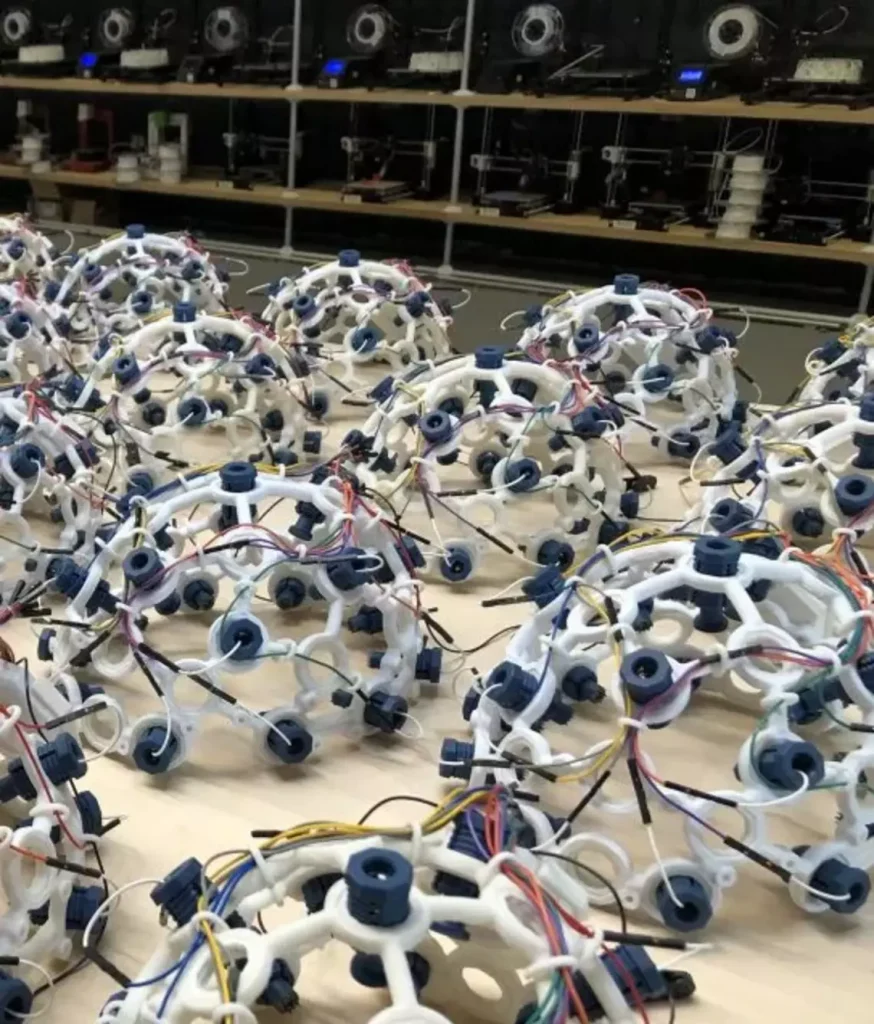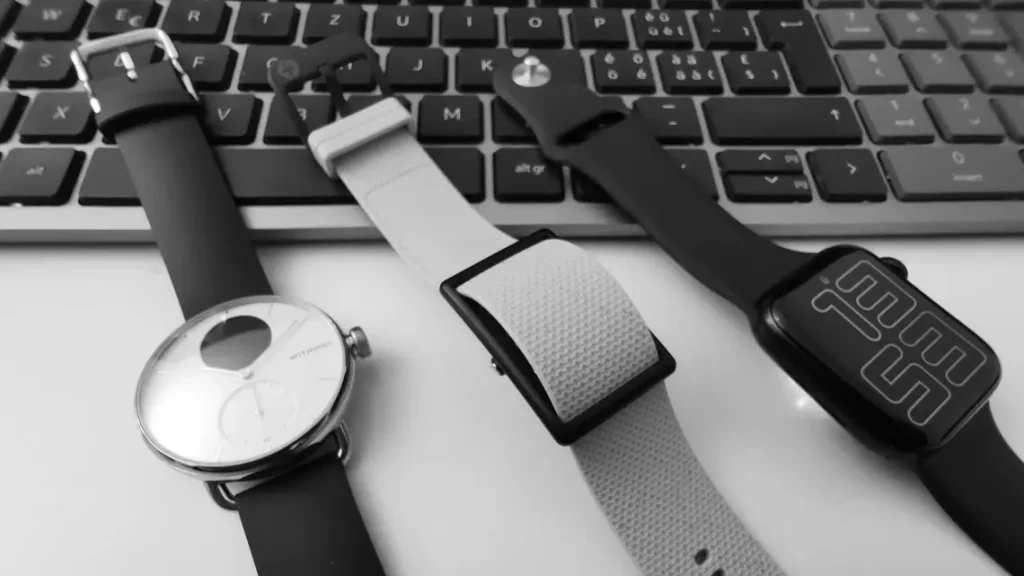Our expertise and offerings
The Centre for Computational Health addresses fundamental questions in biology and medicine using computer-assisted, data-driven methods. Important tools are machine learning for image and signal analysis, parameter estimation for differential equation systems and multiphysics simulation.
Biomedical Simulation - Prof. Dr. Sven Hirsch
The research group specializes in modeling biological and medical systems. New approaches are developed to simulate physiological processes and to predict pathological changes. In particular, in-depth knowledge of biological/physiological processes is incorporated into multi-physics simulations. The group develops algorithms for parameter and uncertainty estimation of physically motivated stochastic models. In particular, machine learning methods are combined with Bayesian modeling for dimensionality reduction. These methods are widely used in medicine and life sciences.
Medical Image Analysis
The research group applies machine learning techniques to interpret medical image data. This way, features are extracted for the characterization of disease patterns and for use as diagnostic markers. Of particular interest are the radiomic and morphological analysis of diagnostic medical imaging data. The group pursues the goal of establishing reproducible, image-based biomarkers by means of explainable artificial intelligence and ensuring their clinical utility.
Medical Data Modelling
The research group uses statistical and machine learning methods to model and uncover causal relations in medical data, especially to study pathophysiological processes. Categorial patient data and imaging date, e.g. magnetic resonance imaging, are processed to extract clinical knowledge.
Biosignal Analysis & Digital Health - Dr. Samuel Wehrl
The research group studies data from wearables and biosensors using time series analysis and combines them with biological-physical models to robustly characterize physiological systems. These data sources are used for Patient Reported Outcomes in clinical practice and for the further development of patient-centered medicine.



